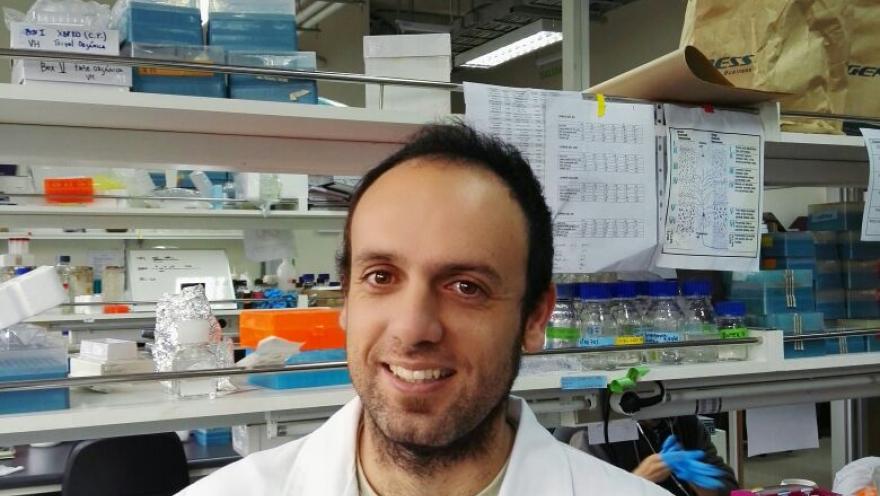The Association is pleased to continue on the tradition of supporting bright, young scientists in ALS research through the Milton Safenowitz Postdoctoral Fellowship Program. This year, we are supporting six new postdoctoral fellows out of a highly competitive applicant pool. In this series, we highlight the dedication and unique contribution each fellow makes to ALS research. Today, we feature Dr. Vicente Valenzuela from University of Chile.
The Milton Safenowitz Postdoctoral Research Program, falls under our TREAT ALSTM Global Research Program and was founded by the Safenowitz family through the Greater New York Chapter of The Association. Mr. Safenowitz died of ALS in 1998 and the family and chapter continues its support to this day. Each award is for $100,000 over a two year period.
These awards are designed to encourage and facilitate promising young scientists to enter the ALS field and most importantly, to remain. Lending to the success of our program, over 90 percent of our postdoctoral fellows go on to start their own ALS research laboratories and then mentor their own young scientists.
Here we highlight each of our postdoctoral fellows awarded in 2016 in a series to learn more about their exciting studies and get to know the person behind the bench. Our fifth featured fellow is Dr. Vicente Valenzuela who is exploring a potential gene therapy method that is focused on a type of cellular stress caused by ALS, called endoplasmic reticulum (ER) stress.
Vicente Valenzuela, Ph.D.
Mentor: Claudio Hetz, Ph.D., University of Chile, Santiago, Chile
Project: Gene therapy to attenuate ER stress alterations in ALS
What is the impact of your research?
Protein misfolding is a common feature in both familial and sporadic variants of ALS. Correction of protein misfolding by gene therapy approaches might improve patients’ quality of life.
Why do you love working in ALS research?
I am convinced that we have the background, the tools and human resources to advance towards a therapy to treat ALS.
Tell me something unique about yourself.
My motivation to develop cutting edge research in ALS from Chile, with an incredible lab team and prestigious collaborators.
Who are your heroes?
People who live daily with ALS are my biggest motivation, including their relatives, caregivers and loved ones.
Read more about his project here.
Read more about this year’s postdoctoral class here in our press release.


Join the conversation. Please comment below.